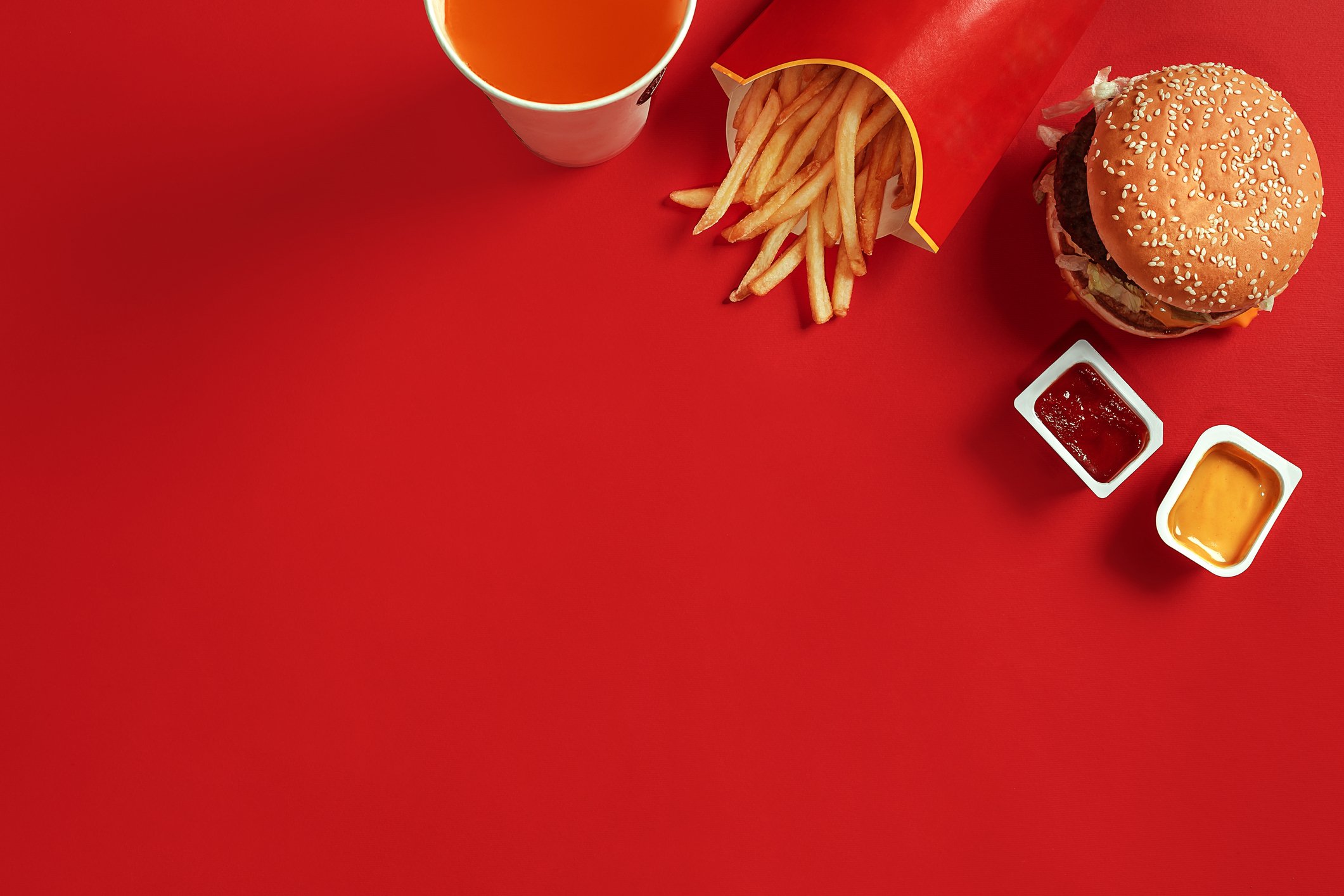Cruising has generally been something that older people do. Millennials will pass baby boomers in terms of population in 2019, and that could be a problem for the big cruise companies Carnival (CCL 3.63%) and Royal Caribbean (RCL 6.17%). They've been adding amenities to ships like ice skating rinks, laser tag, zip lines, rock walls, and much more. But that may not matter if cruising doesn't offer the type of experience younger customers want on their vacation.
In this episode, host Shannon Jones talks to Fool contributor Dan Kline. To catch full episodes of all The Motley Fool's free podcasts, check out our podcast center. A full transcript follows the video.
This video was recorded on July 23, 2019.
Shannon Jones: Another key consideration is that millennial demographic. In 2019, millennials are actually expected to surpass baby boomers in terms of population, 73 million versus 72 million this year. We talk about baby boomer population driving a lot on the Industry Focus: Healthcare show. But from a cruise line industry, the question is, how can they attract and continue to build that loyalty among millennials? Cruising historically has been thought of as something for an older population, or a family with kids. It's really about, how do they attract millennials? So, what do you see, and how are they addressing this particular issue?
Dan Kline: It's a challenge. On one hand, Royal and Carnival are very much party lines. You see your families, you see your older people, but it's a festive atmosphere, there's a lot of drinking going on. You don't see a ton of millennials -- and again, I'm speaking anecdotally from having been on a bunch of cruises across both of those lines -- you don't see many families that aren't there with their kids. I could see the price of it having some appeal. You can have a fairly all-inclusive vacation at a relatively low price compared to, say, a city trip or a theme park trip. But in many cases, you're not getting that adventure destination. Like, if you land in Cozumel, maybe you're taking an excursion to a beach or walking around some shops. You're not really getting an experience of being in Mexico. My son and I are stopping in November at the Royal Caribbean private island in Haiti. And yes, technically, it's Haiti, and you could say you've been to Haiti. But all you've seen is a walled-off part of Haiti. I think to attract the millennials -- and I've talked a lot about this with Dylan Lewis outside of Industry Focus -- you're going to need to have destinations where they go interesting places and maybe stay overnight. So, you can go hiking, you can experience the culture, you can do a little more than browse duty-free shops and go to a waterpark. It's going to need to be some fundamental changes. And you are starting to see some of the amenities on the ships be a little more appealing to people with younger kids or millennials. There's laser tag on ships now, there's aqua theaters where people are doing elaborate productions, you can ice skate, there's robot bars, all sorts of stuff that maybe tries to break the stuffiness. I'll say, Royal and Carnival have both very much relaxed the dress code. The old days of having to dress up -- pretty much, you could wear what I'm wearing now any night on a Royal or a Carnival ship. And you might see someone next to you wearing black tie, but you might also see someone wearing flip flops and a tank top. So, there are subtle changes. But I do worry about whether the overall concept appeals to younger travelers, at least until they have kids.
Jones: I totally agree. For millennials, they're looking for more authentic experiences. The millennial generation tends to be much more price-sensitive as well. And ultimately, they want unique and relevant onboard activities as well. I think this is a tougher demographic to target. But I do like to see where Royal Caribbean is going with that.
Let's also talk about the final key consideration. That is, of course, as always, related to fuel prices. How is that impacting the cruise line now, and especially heading into next year, too?
Kline: In a broad sense, for the first six months of the year, Carnival and Royal both had stupendous quarters. Numbers are up. But profitability hasn't necessarily held up. That's due to fuel prices. The industry is very sensitive. There's not that much you could do. They're modernizing, they're adding technology that improves fuel efficiency. But it's not like you can have an electric cruise ship. Maybe you can someday, but you can't right now. The industry is very sensitive to that. They do hedge fuel prices six months, a year out, I'm not sure the exact number. But if we saw fuel spike 25%, 30%, it's unlikely they're going to be able to raise prices comparably because the cruise industry is fighting against resort vacations, Vegas vacations, beach vacations, all the other options where, yes, an airline ticket might go up, but in most cases, if you're taking a cruise, you're doubly exposed to fuel prices. Not in my case, because I can drive to the cruise terminal. But if you have to take a plane, your air ticket goes up because prices have gone up for fuel, and then you get on a cruise -- the cruise line has much less pricing power than the airline does.
Jones: Also, beginning in January of 2020, the International Maritime Organization or the IMO are actually set to enforce new emission standards designed specifically to curb pollution produced by so many of these massive cruise liners. Basically, this will force these cruise operators and even ocean freight companies to switch from a high-sulfur, sludge-like fuel, pretty much what's at the bottom of the barrel, to more refined, lower-sulfur diesel fuel. It'll be interesting to see heading into 2020, in terms of the pricing issues. Will they have to start raising prices? If so, will that price a lot of these consumers, especially millennials who are more price-sensitive, out of the market? We'll have to wait and see on that one, but that's something else to keep in mind there as well.







